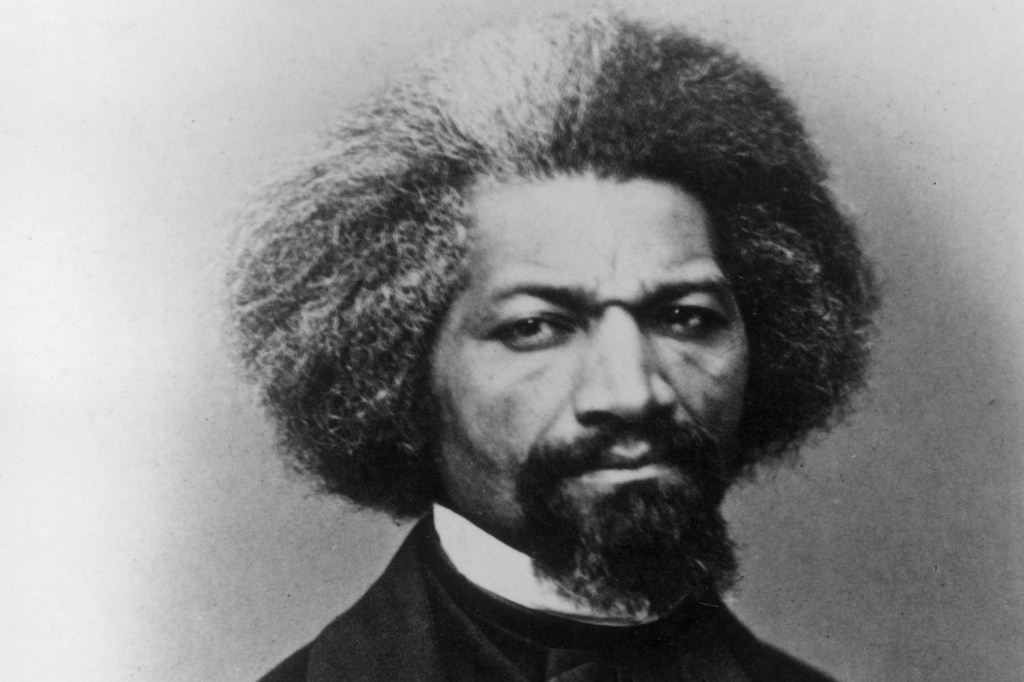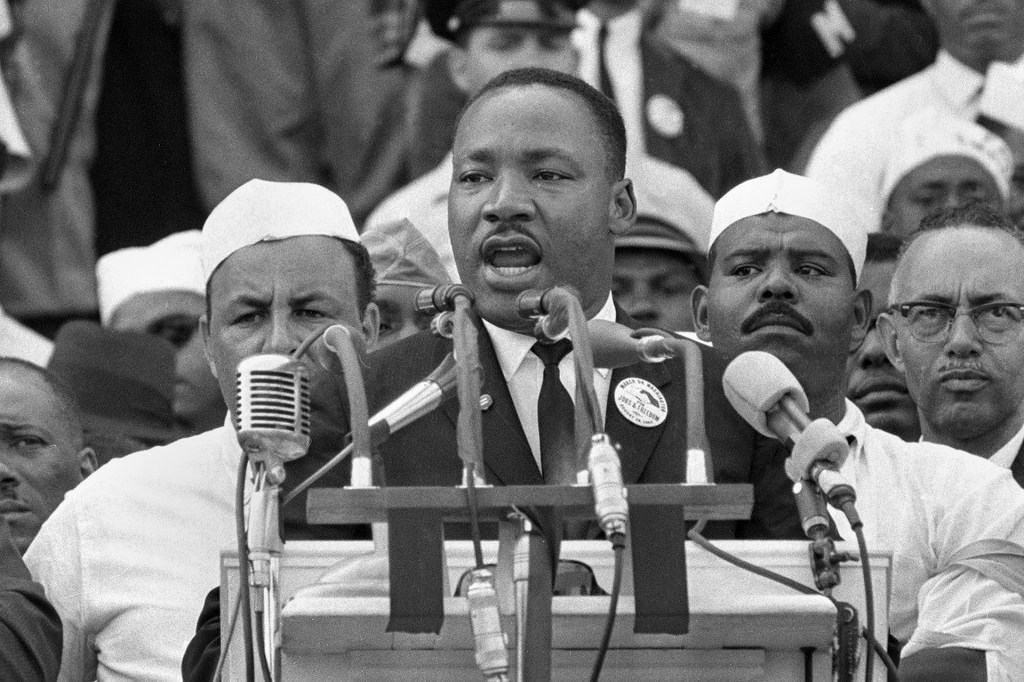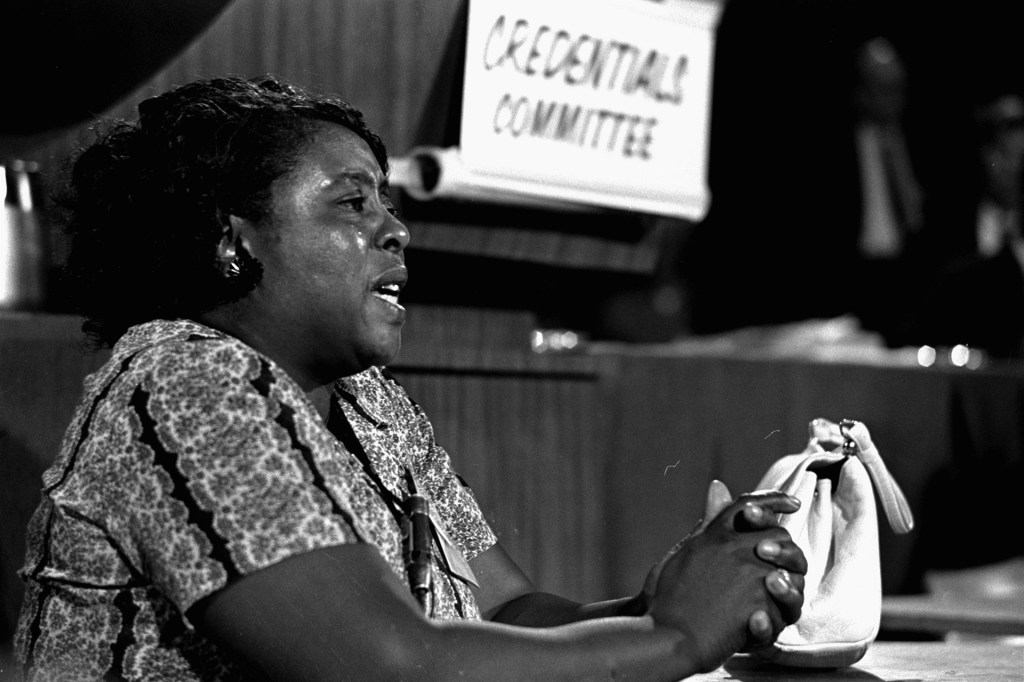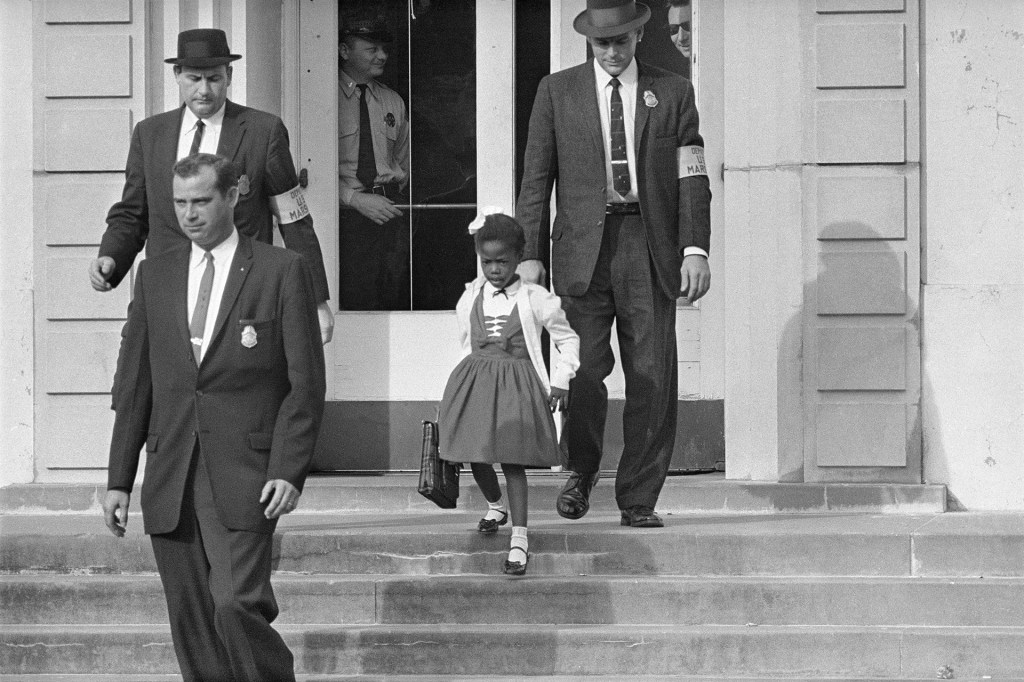Lyndon B. Johnson
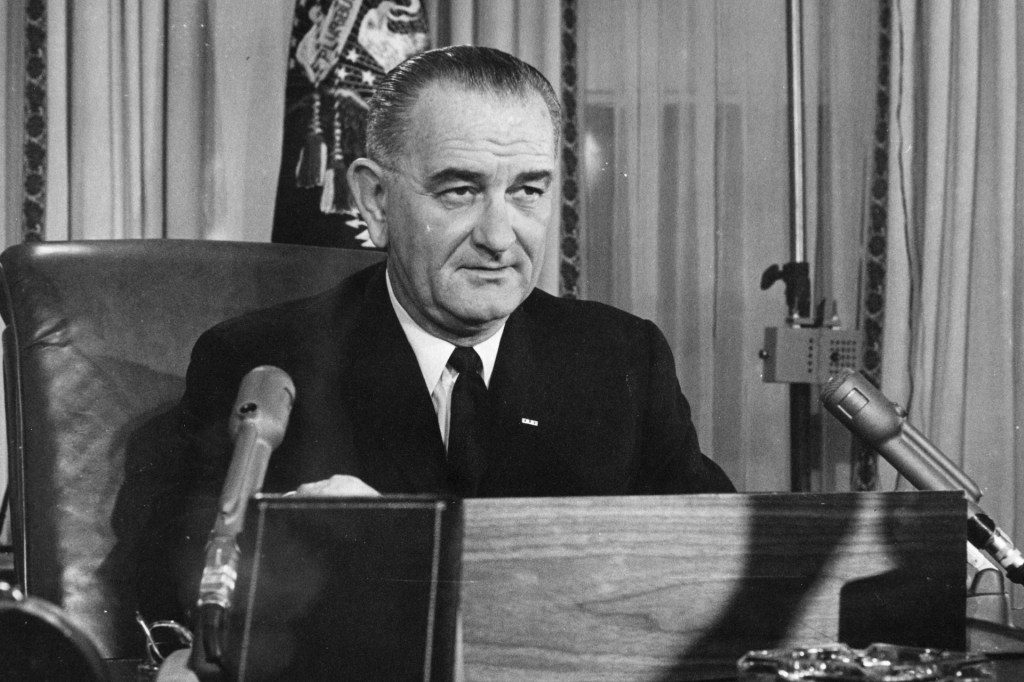
President Lyndon B. Johnson (August 27, 1908—January 22, 1973) advanced equality through major civil rights legislation and social service programs. He is also remembered for expanding U.S. military involvement in the Vietnam War.
Lyndon B. Johnson was vice president when President John F. Kennedy was assassinated
assassinate
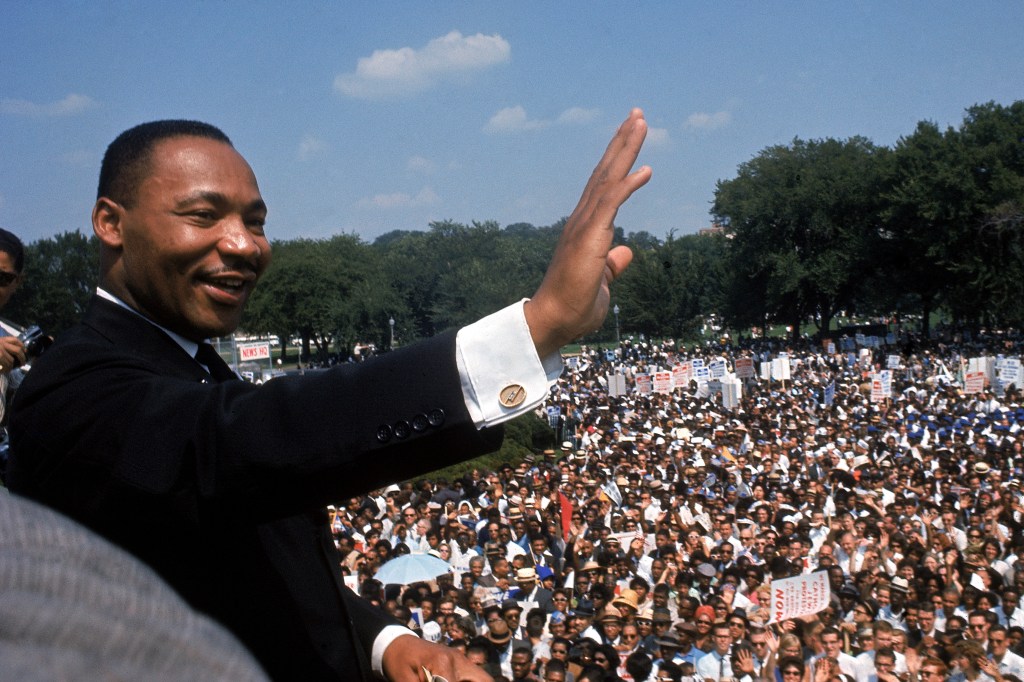 FRANCIS MILLER—LIFE PICTURE COLLECTION
to murder a public figure
(verb)
People around the world grieved after Martin Luther King Jr. was assassinated.
on November 22, 1963. When Johnson became president, he promised to continue Kennedy’s civil rights policies
policy
FRANCIS MILLER—LIFE PICTURE COLLECTION
to murder a public figure
(verb)
People around the world grieved after Martin Luther King Jr. was assassinated.
on November 22, 1963. When Johnson became president, he promised to continue Kennedy’s civil rights policies
policy
 HILL STREET STUDIOS/GETTY IMAGES
a set of plans or actions adopted or proposed by a government, party, business, or an individual
(noun)
The politician proposed a new policy to reduce pollution.
. He set out to create a society where all Americans could succeed. In January 1964, Johnson urged Congress “not only to relieve the symptom of poverty, but to cure it and, above all, to prevent it.”
HILL STREET STUDIOS/GETTY IMAGES
a set of plans or actions adopted or proposed by a government, party, business, or an individual
(noun)
The politician proposed a new policy to reduce pollution.
. He set out to create a society where all Americans could succeed. In January 1964, Johnson urged Congress “not only to relieve the symptom of poverty, but to cure it and, above all, to prevent it.”
Throughout Johnson’s childhood, his family had financial difficulties. His father lost the family farm in central Texas when Johnson was young. The future president later worked his way through Southwest Texas State Teachers College (now Texas State University). His humble
humble
 ANDERSEN ROSS—GETTY IMAGES
not arrogant; poor; from a low economic class
(adjective)
She rose from humble origins to become wealthy.
beginnings, as well as his experience teaching poor Mexican-American students, contributed to Johnson’s commitment to ending poverty and racial injustice.
ANDERSEN ROSS—GETTY IMAGES
not arrogant; poor; from a low economic class
(adjective)
She rose from humble origins to become wealthy.
beginnings, as well as his experience teaching poor Mexican-American students, contributed to Johnson’s commitment to ending poverty and racial injustice.
Johnson was successful as a teacher. But he had political ambitions. In 1931, he left the classroom to work for a congressman in Washington, D.C. Six years later, Johnson was serving in the U.S. House of Representatives. He soon became a leader in the Democratic Party. Johnson had married Claudia “Lady Bird” Taylor in 1934. She played a key role in his success
In 1948, Johnson was elected to the U.S. Senate. Seven years later, he assumed the powerful position of majority leader. In the 1960 presidential election, Kennedy chose Johnson as his running mate. The pair took office in 1961.
But two years later, President Kennedy was assassinated in Dallas, Texas. Within hours, Johnson took the presidential oath of office aboard the presidential plane, Air Force One. When the plane landed, he addressed the nation. “We have suffered a loss that cannot be weighed,” he said. “I will do my best. That is all I can do.”

President Johnson meets with civil rights leader Dr. Martin Luther King Jr. at the White House in December 1963. Throughout his presidency, Johnson worked with King to enact major civil rights reforms.
OKAMOTO/PHOTOQUEST/GETTY IMAGESThe Great Society
In May 1964, Johnson presented his vision for the country in a speech at the University of Michigan. He called on Americans to move not only “toward the rich society and the powerful society, but upward to the Great Society.” Two months later, he won a major victory. Johnson signed into law the Civil Rights Act of 1964. The legislation banned discrimination based on race, gender, and religion.
Johnson went on to win a landslide victory in the 1964 presidential election. He then set out to establish social service programs. By enacting the Voting Rights Act of 1965, he outlawed discriminatory practices, like poll taxes, that had been used to prevent African Americans from voting. He was known as a determined and shrewd
shrewd
 CAIAIMAGE/JOHN WILDGOOSE—GETTY IMAGES
clever and resourceful
(adjective)
He's a shrewd businessman who could negotatiate a deal with just about anyone.
politician. “If you were against [Johnson], he could win you over, wear you down, or just flat out beat you,” presidential historian Mark Updegrove told the Washington Post. Many reforms implemented during Johnson’s presidency, including Head Start, Medicare, Medicaid, and food stamps, still exist today.
CAIAIMAGE/JOHN WILDGOOSE—GETTY IMAGES
clever and resourceful
(adjective)
He's a shrewd businessman who could negotatiate a deal with just about anyone.
politician. “If you were against [Johnson], he could win you over, wear you down, or just flat out beat you,” presidential historian Mark Updegrove told the Washington Post. Many reforms implemented during Johnson’s presidency, including Head Start, Medicare, Medicaid, and food stamps, still exist today.
The Vietnam Effect
Despite the successes of Johnson’s Great Society programs and civil rights legislation, his presidency was overshadowed by the Vietnam War. U.S. military involvement in Vietnam had begun under President Harry Truman more than a decade earlier. Later, Presidents Eisenhower and Kennedy, sent military and economic assistance to support South Vietnam against the communist government of North Vietnam. Communism is an economic and political system in which the government owns all property, resources, and businesses. In theory, the goal of communism is to create a classless
classless
 DAVE NAGEL—GETTY IMAGES
free from distinctions of social class; faira
(adjective)
She hoped to create a classless society in which everyone was equal.
society in which everyone is equal. But in practice, communist countries are often dictatorships
dictatorship
DAVE NAGEL—GETTY IMAGES
free from distinctions of social class; faira
(adjective)
She hoped to create a classless society in which everyone was equal.
society in which everyone is equal. But in practice, communist countries are often dictatorships
dictatorship
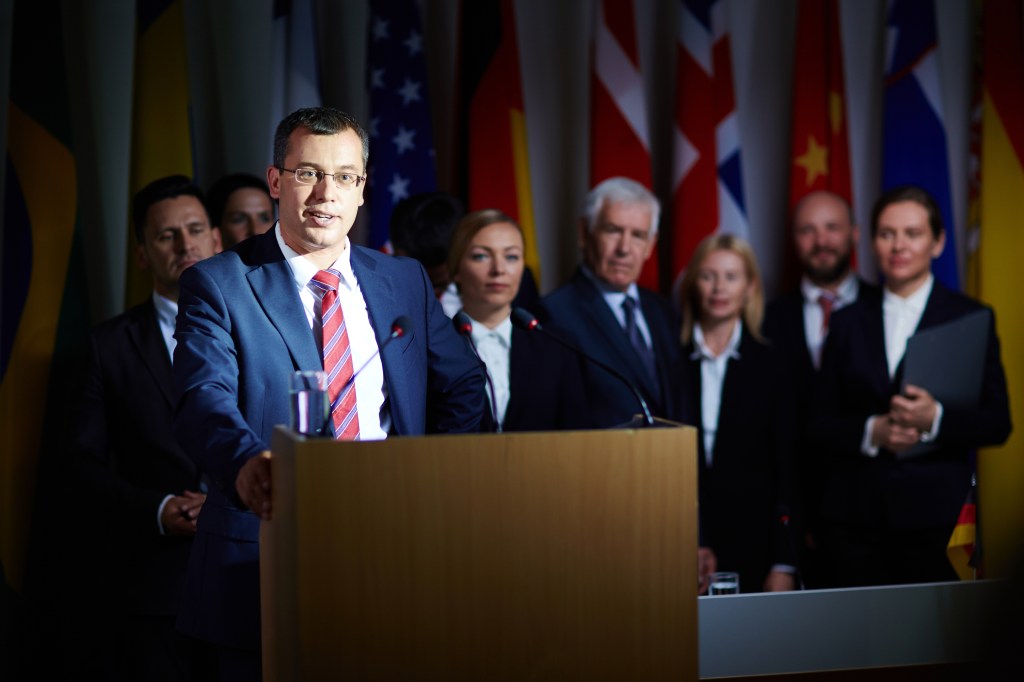 ISTOCK/GETTY IMAGES
rule, control, or leadership by one person or a small group with total power
(noun)
He assured people that he was trying to set up a democracy, not a dictatorship.
that control nearly all aspects of life.
ISTOCK/GETTY IMAGES
rule, control, or leadership by one person or a small group with total power
(noun)
He assured people that he was trying to set up a democracy, not a dictatorship.
that control nearly all aspects of life.
The U.S. sought to prevent the spread of communism across the world in the years following World War II. Tensions led to the Cold War. This global struggle developed between pro-communist forces, led by the Soviet Union, and the U.S. and its allies. By the time Johnson became president, the Soviet Union had supported successful communist revolutions in Eastern Europe, Asia, and Central America.
When it came to Vietnam, Johnson wrestled with his choices. He had to decide whether to pull American forces out of the region or commit fully to fighting North Vietnam. The communist government was getting support from the Soviet Union. “If we let them take Asia, they’re going to try to take us. I think aggression
aggression
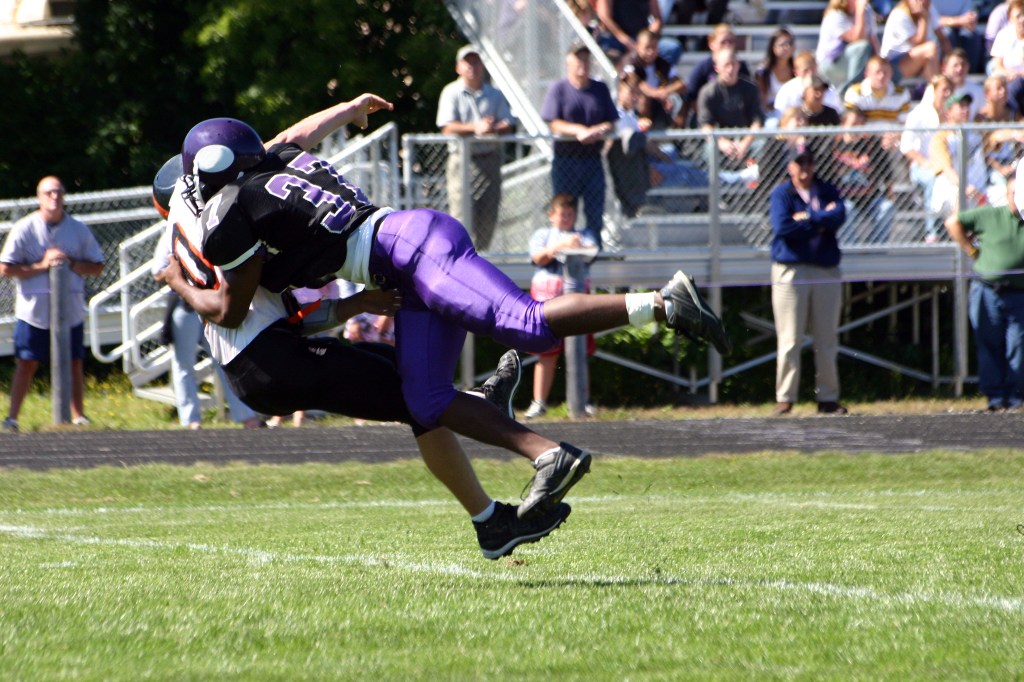 JPBCPA/GETTY IMAGES
hostile or destructive behavior
(noun)
Rival team members sometimes show aggression toward each other.
must be deterred
deter
JPBCPA/GETTY IMAGES
hostile or destructive behavior
(noun)
Rival team members sometimes show aggression toward each other.
must be deterred
deter
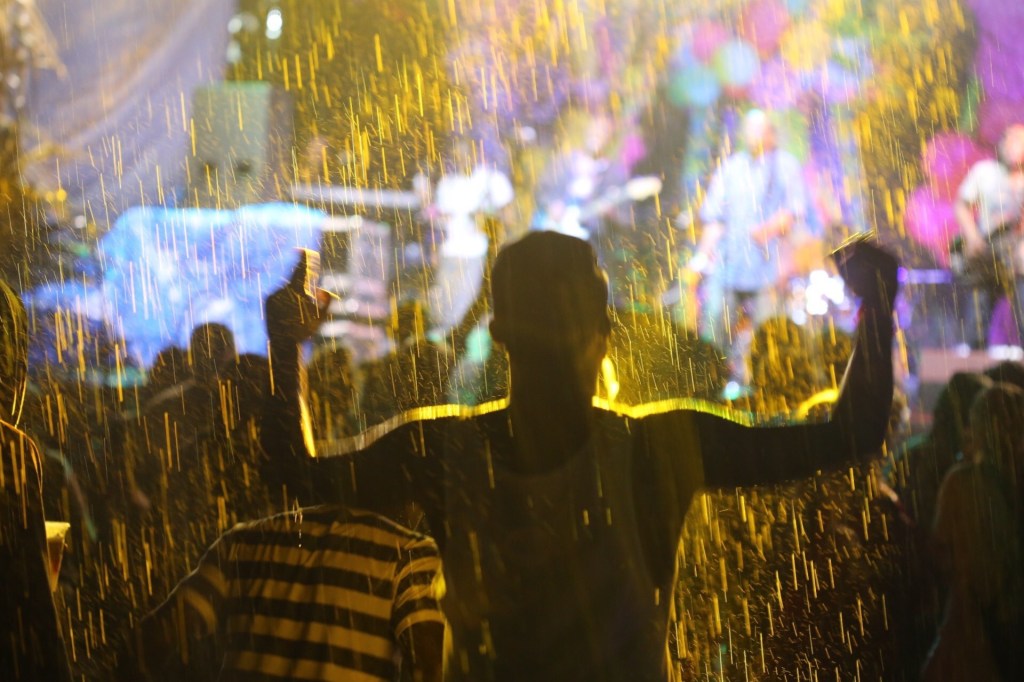 WILLIAM OLWIT/EYEEM—GETTY IMAGES
to discourage or prevent someone from doing something
(verb)
The storm didn't deter people from going to the outdoor concert.
,” Johnson said. He wanted to stop communism’s spread. But he also feared that the war could not be won. “I don’t think it’s worth fighting for, and I don’t think we can get out,” he told an aide in May 1964.
WILLIAM OLWIT/EYEEM—GETTY IMAGES
to discourage or prevent someone from doing something
(verb)
The storm didn't deter people from going to the outdoor concert.
,” Johnson said. He wanted to stop communism’s spread. But he also feared that the war could not be won. “I don’t think it’s worth fighting for, and I don’t think we can get out,” he told an aide in May 1964.
Despite Johnson’s concerns, he increased U.S. involvement. By 1968, the number of U.S. troops in Vietnam had swelled to 548,000. The war was also a financial burden, costing the country billions of dollars.
The Vietnam War became increasingly unpopular among the American public, and Johnson decided not to seek reelection. He died of a heart attack at his Texas ranch on January 22, 1973. Less than a week later, the U.S. signed the peace treaty that ended the war.




